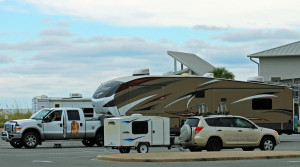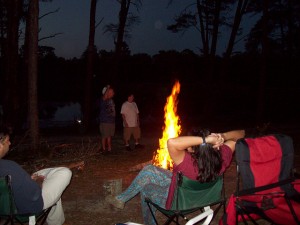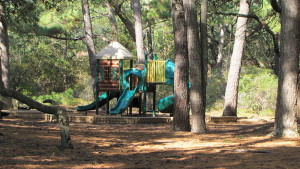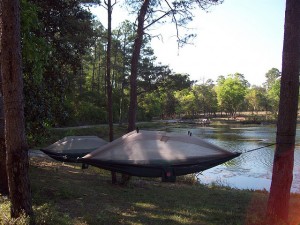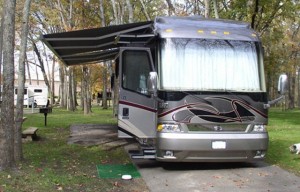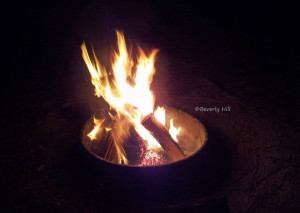I attended a recent outdoor recreation conference in Panama City held by the FL DEP and during one panel session one of the attendees voiced a question about the cultural divide between tent campers and RV campers. The question was asked, “what is being done to close the division between tenters and rv’ers.” She then went on to explain that it seemed like state parks were catering more to the needs of RV campers and providing less available sites and amenities for tenters. She went on yet further to speculate that the parks were doing less for tenters because they are noisier than RV’ers.
Which Group is Noisier?
This sparked my curiosity as I have had the experience of being both a tenter and an RV’er. Tent camping is affordable for people on a budget and for those that may have a larger group of people that won’t have sleeping berths in an RV. RV’s are designed to have more luxuries than tents, such as noisy air conditioners and outdoor tv displays for watching the game with a large group of friends. I have experienced both groups exceeding acceptable noise levels at times, but I wouldn’t categorically say that one group is noisier than another. Certainly larger families might be in either setting.
Playground areas for children are often centrally located within the campground whereas relocating it to an adjacent area might alleviate a certain amount of noise while still keeping it close to watchful parents. Parents should also actively monitor their children. During a recent camping trip I witnessed several unsupervised children racing around the campground in a golf cart with younger ones trying to jump on and off as the cart bumped and skidded past.
The noisiest groups that I have encountered at campgrounds are the RV tailgater crowd. Not all, but most. The second noisiest group that I’ve had the misfortune of camping near was a weekend crowd of tent camping partiers that consumed alcoholic beverages late into the night. My solution was ear plugs.
Amenity Use and Space Requirements
Tent campers do have greater need of on-site restroom facilities, but I have also watched many an RV’er choose to use the park restrooms and showers over their own so they don’t fill up their own waste tanks too quickly. RV’s require a larger footprint than tents and often a larger turn radius in order to access their sites. I haven’t experienced being turned away as a tent camper because there were only RV camping pads left in the park; a tent camper should still be able to set up their tent on a pad if they anchor it with weights instead of stakes. My biggest challenge has been trying to camp with a hammock tent at parks that don’t allow lines to be attached to trees.
An average tent camping spot should be large enough to accommodate two vehicles and two large tents. This is still a smaller footprint than a large RV site that has enough room for an RV, awning and a vehicle. Both sites usually had a picnic table, fire ring and clothesline. The true challenge comes in accommodating the height of many RVs. Whereas tents have a lower height requirement, many times large tree limbs have to be removed by the park to allow these large rigs access. This is not without risk, as it can expose the tree to diseases which can weaken it.
Solutions?
Both groups are entitled to the use of the campgrounds, so what can be done to provide a more harmonious co-existence. As mentioned earlier, relocating the playground can help. Adding a few more feet of wooded buffer between campsites can also help reduce noise and create a better sense of privacy. Most people go camping to get closer to nature, so a buffer would be a welcome addition in most areas. Better enforcement of quiet hours would also be a benefit, although this is hard to do when most campground hosts are unpaid volunteers with limited resources to deal with large rowdy groups.
A more conscious effort to respect other campers should be fostered within the overall camping community. Each person is trying to enjoy the resource with the least amount of interference from others within this small space community. Be mindful of noise levels within your own camp and remind children of the same. No one expects children to be seen and not heard while on a camping trip, but care should be taken to manage them so that everyone can have an enjoyable experience.

